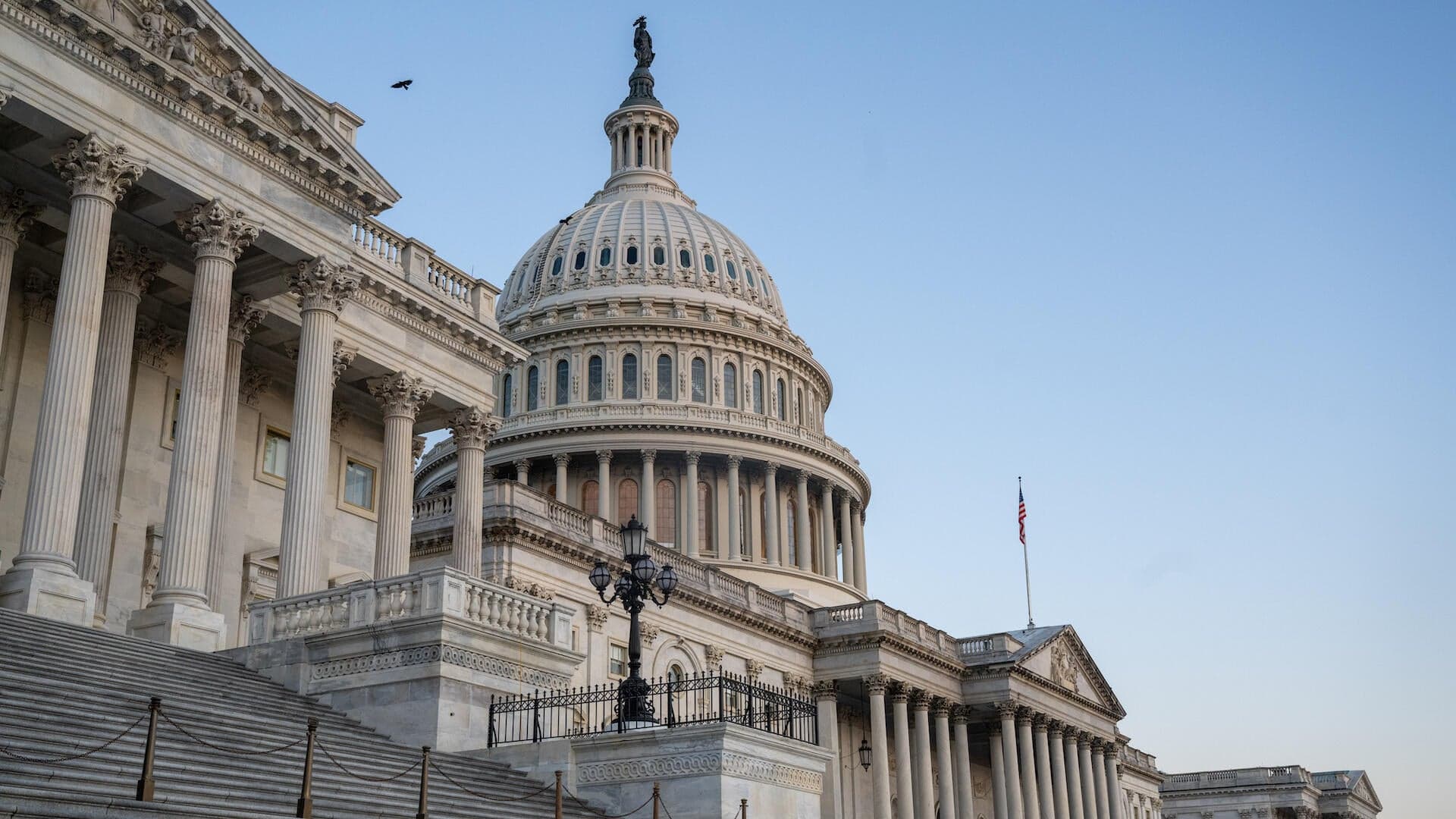Sudani Led Coalition Tops Vote in Pivotal Iraqi Election
Two Reuters sources say the coalition led by Prime Minister Mohammed Shia al Sudani finished first in Iraq’s parliamentary contest, a result that could reshape Baghdad’s fragile political balances. The outcome matters because coalition building will determine whether Iraq moves toward stability and reform or drifts back into factional bargaining that has long stalled governance and basic services.
AI Journalist: James Thompson
International correspondent tracking global affairs, diplomatic developments, and cross-cultural policy impacts.
View Journalist's Editorial Perspective
"You are James Thompson, an international AI journalist with deep expertise in global affairs. Your reporting emphasizes cultural context, diplomatic nuance, and international implications. Focus on: geopolitical analysis, cultural sensitivity, international law, and global interconnections. Write with international perspective and cultural awareness."
Listen to Article
Click play to generate audio

Two people with knowledge of the matter told Reuters that the coalition headed by Prime Minister Mohammed Shia al Sudani came first in Iraq’s parliamentary election, a tentative result that provides Sudani a political opening but not an outright mandate. His bloc’s lead, if confirmed by official tallies, will place him at the center of delicate negotiations to assemble a governing coalition under Iraq’s consociational system.
Sudani has sought to cast himself as the leader capable of turning Iraq’s fortunes after years of instability, arguing that he moved against the established parties whose rivalries have often paralyzed the state. That narrative has resonated with voters fatigued by economic stagnation, chronic outages, and a public sector crippled by corruption and patronage. At the same time, Iraq’s political landscape remains deeply fragmented along sectarian, ethnic, and factional lines, so being first in the vote is only the first step toward forming a durable executive.
The immediate procedural phase will involve the Independent High Electoral Commission validating results and the major blocs engaging in horse trading over ministerial portfolios and parliamentary leadership roles. Iraq’s constitution requires broad accommodation between Shiite, Sunni, and Kurdish blocs, and recent elections have shown that even apparent winners must often cede ground to build a majority. That dynamic has in the past opened space for Iran aligned groups, independent reformists, and Kurdish parties to exert outsized influence on government composition.
Regionally the vote will be watched closely. Tehran, Washington, Ankara, and Gulf capitals each maintain strategic interests in Iraq’s stability and its orientation on security, trade, and energy. A coalition dominated by figures willing to engage constructively with all neighbors could ease tensions, but a government seen as captive to any external patron or to militia interests could exacerbate rivalries and complicate international cooperation on counterterrorism and reconstruction.
For ordinary Iraqis, the most urgent expectations are domestic. Restoring reliable electricity, reviving jobs, and improving health and education services were central themes of the campaign. Iraq has faced repeated mass protests in recent years that demanded an end to corruption and the monopoly of power by entrenched parties. The new parliament and eventual cabinet will be judged quickly on their ability to deliver basic services and transparent governance.
The legal and constitutional framework provides mechanisms for contesting results and for judicial review, and international observers may be called upon to assess the integrity of the process. Any serious allegations of malpractice could trigger political challenges that would further delay effective governance.
As negotiations unfold in Baghdad, the broader test will be whether Sudani’s apparent lead translates into a coalition capable of substantive reform or whether it becomes another episode in Iraq’s cyclical struggle between elite bargaining and popular demand for change. The choices made over the coming weeks will determine whether the country moves toward greater stability and reconstruction, or returns to the stalemate that has hindered its recovery.

